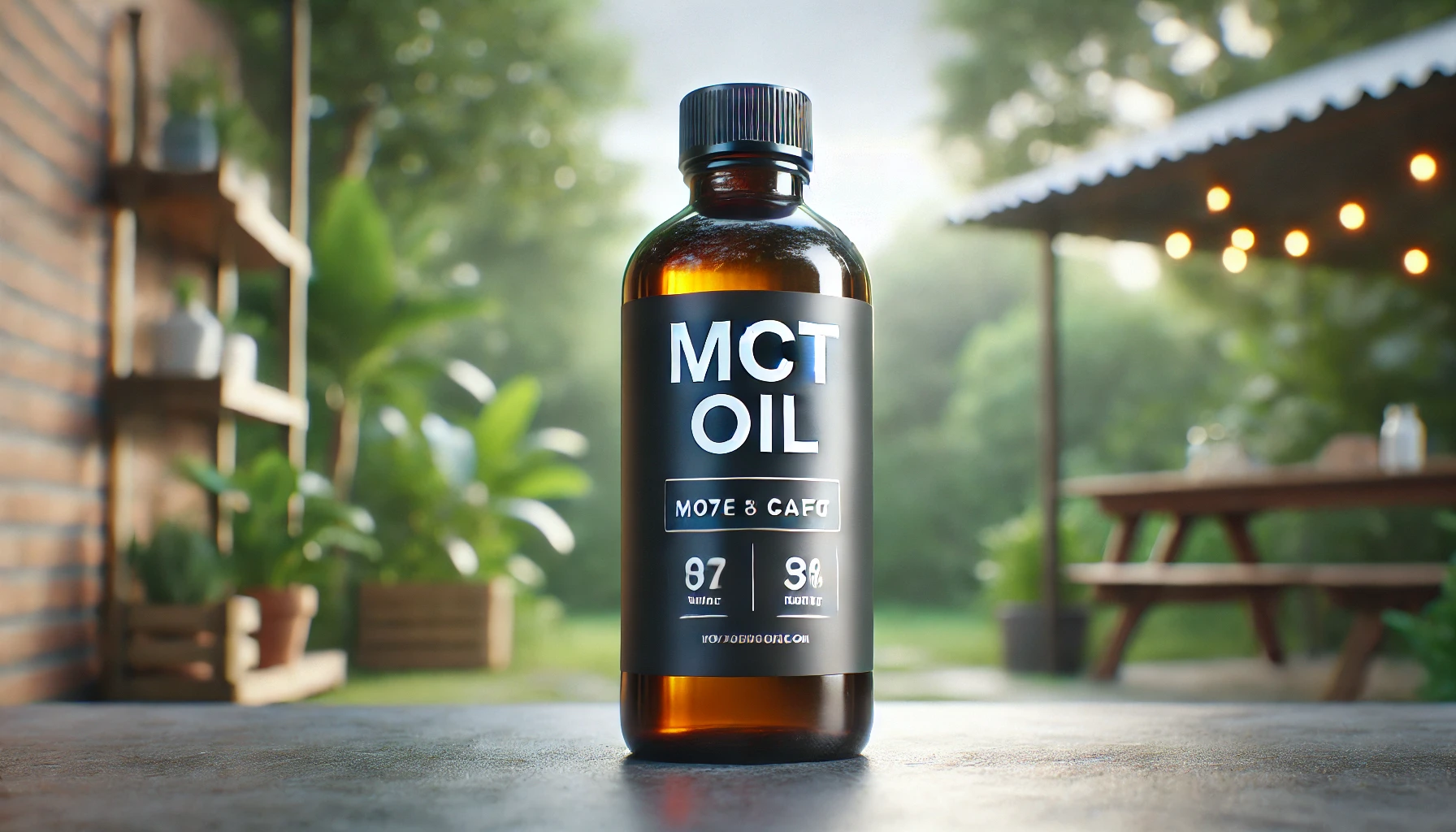Health Notice: This article was written using the Consensus AI Academic Search Engine. It is intended solely for informational purposes and should not be considered medical advice. Always consult a licensed healthcare provider for diagnosis, treatment, or medical guidance. Please refer to the full Disclaimer at the end of this article.
Medium-chain triglycerides (MCT) oil has garnered significant attention in recent years due to its unique properties and potential health benefits. Unlike long-chain triglycerides (LCT), MCTs are composed of fatty acids with 6 to 12 carbon atoms, which allows them to be metabolized differently in the body. This article delves into the chemistry, sources, health benefits, and applications of MCT oil.
Chemistry and Sources
MCTs are esters of fatty acids with medium-length carbon chains. They are naturally found in various sources such as coconut oil, palm kernel oil, and certain dairy products. The composition and bioactivity of MCT oil can vary depending on its source and the extraction process used1. For instance, Cinnamomum camphora seeds have been identified as a rich source of MCTs, particularly capric acid and lauric acid, and exhibit high oxidative stability due to their tocopherol content4.
Health Benefits
Metabolic and Energy Production
One of the most notable features of MCT oil is its ability to be rapidly absorbed and metabolized, providing a quick source of energy. This makes it a valuable functional food, especially for individuals requiring immediate energy without fat accumulation1. Studies have shown that MCT oil can enhance thermogenesis and reduce food intake, making it a potential aid in weight management2 10.
Endurance and Exercise Performance
The role of MCT oil in enhancing exercise performance has been explored, with mixed results. While some studies suggest that MCT oil can improve endurance and substrate utilization, others have found no significant ergogenic benefits3. The variability in findings indicates the need for further research, particularly on long-term intake and its effects in different populations.
Immune Modulation
MCT oil has also been shown to modulate inflammatory responses. It can reprogram mitochondrial respiration in macrophages, leading to an anti-inflammatory M2-like status, which may help in dietary prevention and amelioration of inflammation5.
Weight Gain in Preterm Infants
In neonatal care, MCT oil has been used to supplement human milk to promote weight gain in preterm infants. Studies have demonstrated that infants fed with MCT-supplemented milk showed significant weight gain compared to those fed with non-supplemented milk6.
Ketogenesis and Cognitive Function
MCT oil is increasingly used to promote ketogenesis, especially in ketogenic diets. It has been found to increase plasma beta-hydroxybutyrate (BHB) levels, which are associated with improved cognitive function7. However, the consumption of MCT oil with carbohydrates can affect the ketogenic response and may lead to gastrointestinal side effects.
Applications in Food and Nutraceuticals
MCT oil is widely used in the food industry and nutraceuticals due to its functional properties. It is incorporated into various products to enhance energy levels, support weight management, and improve overall health. The non-thermal processing methods for MCT oil extraction are particularly promising for maintaining its bioactivity and stability1.
Disclaimer
The content in this blog post was generated using Consensus, an AI-powered academic search engine, and is based on publicly available scientific literature. While we strive to provide accurate, up-to-date, and well-researched information, this content is intended for informational and educational purposes only.
It does not constitute medical advice, diagnosis, or treatment. Always consult a qualified healthcare professional before making decisions related to any medical condition, treatment, or medication.
The AI system’s analysis may not account for all perspectives, ongoing research, or individual circumstances, and should not replace professional expertise. Neither the blog publisher nor the developers of the Consensus AI tool are liable for any decisions or actions taken based on this content.
Use of this information is at your own risk. Where provided, citations link to original scientific studies for reference only—these should be reviewed independently and interpreted with the support of a qualified medical or research professional.
If you are experiencing a medical emergency, please seek immediate care from a healthcare provider or call emergency services.
